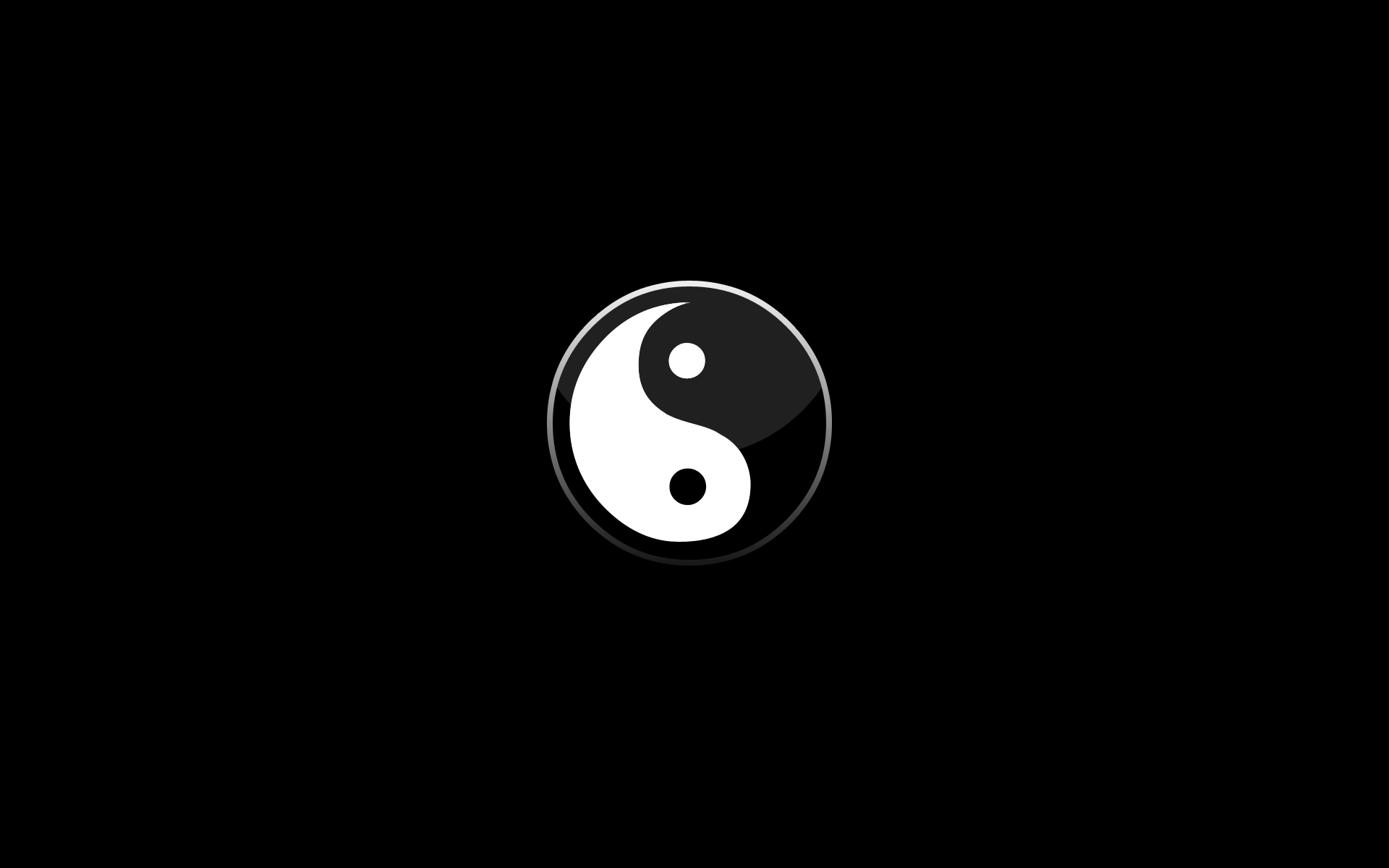The Dead Prussian is one of the best Podcasts going. At the end of each interview, the host, Mick Cook asks each guest to complete the following sentence; War is… The answers vary, and range from Clausewitz’s “war is politics by other means” to creative answers such as “war is fashion by other means.” Here is my attempt to define war, with a deliberate attempt NOT to revert to Clausewitz’s definition.
War is Ying and Yang.
War reveals. War exposes the best and worst of human beings. Famously there are the cases of My Lai and Lieutenant Calley and Private First Class Green in Yusifiyah. In these cases war exposed at the individual level the worst in mankind. War exposed the worst of American men and women at Abu Ghraib, who prior to serving at the prison were upstanding soldiers. War shows who should hold power and positions of responsibility, and who should never be in charge of another human being. Moreover, a simple review of history shows at the organizational level, the use of military force has enabled some of the worst atrocities of mankind.
With every ying there is a yang, and with the worst comes the best. While war exposed the worst of man at Mai Lai, it exposed heroic men who chose to stand against evil. The actions of Chief Warrant Officer Hugh Thompson Jr. gives hope to those who believe in the inherent good of our fellow human beings.
Just as the use of military power enables evil, it is consistently a force of good. The good ranges from the liberation of European and Asian nations in the Second World War, to the scores of humanitarian assistance missions following natural disasters.
Revealing the best and worst of us happens in more cases than famous massacres and Medal of Honor earning moments. The ying and the yang of warfare reveals who can speak truth to power and those that serve as yes men to their commanders. In the latter, war exposes who will report up to higher authorities the information they want to hear. A short reading on the history of Vietnam exposes the latter.
War destroys. The violence of warfare destroys lives in savage ways. The destruction of lives occurs on a daily basis. Opposing sides in war aim to kill their enemies until their side has achieved its respective political aim. However, death and destruction is never limited to those who carry weapons and wear a uniform. Civilians and non-combatants often find themselves victims of fighting. War can destroy their property through an errant missile strike, and war can take an innocent’s life all the same.
Not only does war snuff out the literal lives of those fighting and caught in the crossfires, war can destroy the future. Illustrating how war can take away the future is a passage from Guy Sajer’s masterpiece The Forgotten Soldier.
“Paula, we’ll be married, I swear it. But the war prevented me from keeping my word, and the peace made it lose all its value…So please forgive me, Paula. It wasn’t my fault. You knew the misery of war too, and fear, and anguish. Perhaps – and I wish it with all my heart – perhaps you were also spared. That at least would allow us both to remember. The war destroyed Berlin, and Germany, and Killeringstrasse, and perhaps the Neubachs too, but not you, Paula…that would be too horrible. I have forgotten nothing.”
War took away the future. A marriage that never happened, kids that were never born, grandchildren that were never spoiled. They may have survived the war, but their dreams were gone.
War creates. Out of the rubble of conflict emerge some of the most phenomenal aspects of mankind. In the arts, the First World War created the intellectual space for authors such as Remarque and Hemingway and poets like Owen and Sassoon to give the world the gift of their words. Ditto for Norman Mailer and his experience in the Second World War. Its not just writers and artists that war creates, out of war comes a generation of
War creates leaders. In America alone national leaders emerged in the Revolutionary War, the War of 1812, the Mexican-American War, the Civil War, the Spanish American War, and the two World Wars. There is no dearth of political leaders who earned their fame in conflict. Creating leadership is certainly a human aspect of war, but the ying and the yang apply equally to the unknown masses returning from a war
War sends men and women back home from conflict. Soldiers return on airplanes, and other soldiers return in boxes. Of those that return alive, some come back physically and mentally stronger; others come home weaker than the day they
The ying and yang list can go on forever. War creates and war destroys; war exposes the best and exposes the worst; war reveals the truth tellers and reveals the frauds, war strengthens and war weakens. As national leaders consider the use of military force to solve their nation’s problems, it is worth remembering that for every potential positive outcome, there is an equally potential disaster looming on the horizon.
The views expressed in this article are those of the author and do not reflect the official policy or position of the U.S. Army, the DoD, or the U.S. Government

